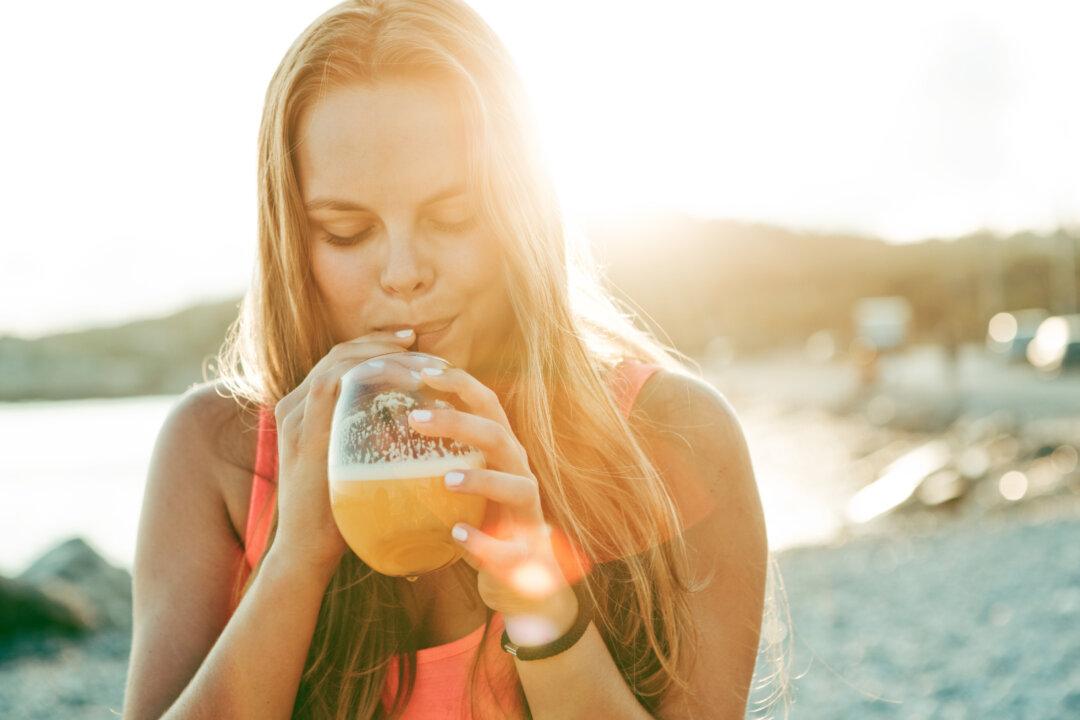It’s time for fun in the summer sun. But before your next festival, barbeque, or summer soiree, consider what health experts say about mixing alcohol with high temperatures.
According to Dr. Josef Thundiyil, emergency physician with Orlando Regional Medical Center, alcohol acts as a diuretic. In hot weather, this diuretic action drains the body of precious fluid at a time we need it most.
“People think of alcohol as a thirst-quencher because it comes in a refreshing, cold liquid. But in hot weather, you’re already losing fluids through sweat and through exercise,” he said.






